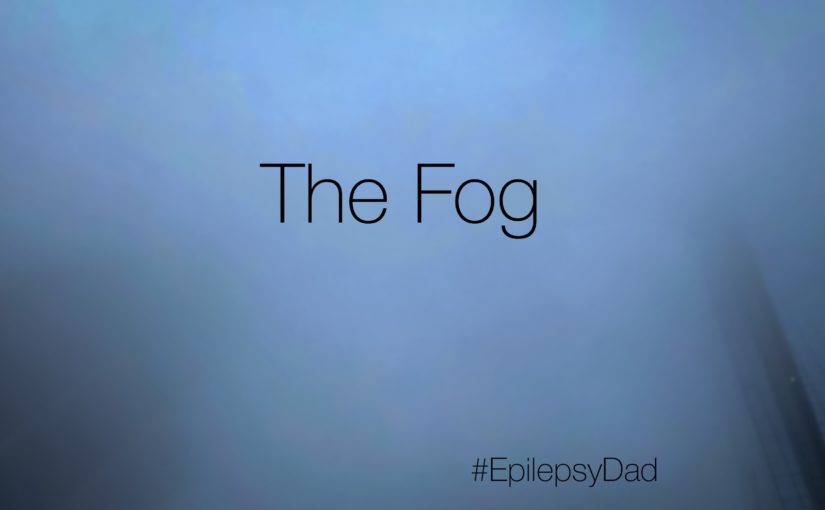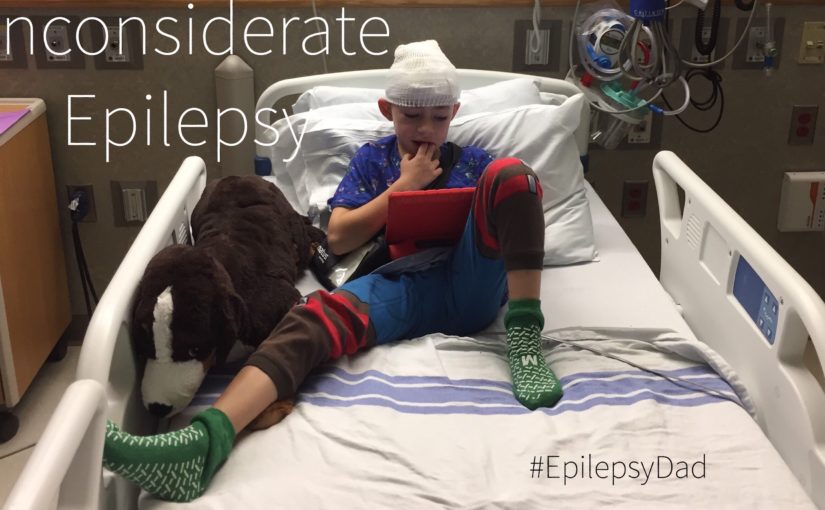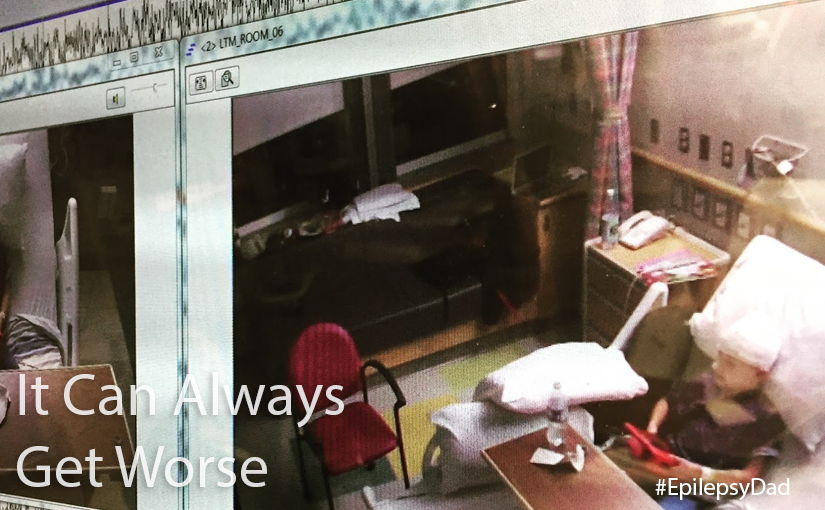“Do you understand?”
“Not really.”
We’ve had countless conversations with my son that all end the same way. We’ve tried repeating ourselves. We’ve tried to use smaller words. We’ve tried to use fewer words. But too many times, that process inside his brain that converts what he hears into something he understands breaks down.
It could be related to his seizures. It also probably has something to do with the handfuls of pills he swallows every day. But he lives his life surrounded by a thick fog and he struggles to find his bearings.
In conversations when we’re trying to explain something new to him, I can see a faint recognition. It’s like seeing a shape through a really thick fog. He knows there is something there, but he doesn’t know what it is.
When we talk about a memory, even a big event, he has the look of seeing the edge of something familiar that he knows he should recognize but he can’t really place what or where the object is.
In those moments when he can recall something, it’s like he is looking at something only a few feet in front of him. But then it backs away into the thick, white cloud and is lost again.
It makes me think of trying to navigate a new city that is covered by fog. You might know the general direction to start in, but haven’t yet memorized the entire route. The tops of the buildings are obscured by the fog, so you navigate by finding landmarks at ground level. Most of the references are unknown. Occasionally you’ll find one that looks slightly familiar but is unhelpful because you don’t have the context of where it sits in relation to anything else. When you find something you recognize, you get the brief satisfaction of knowing where you are. You might turn in a certain direction. But as soon as you step away from it to continue your journey, you’re lost once again.
We do our best to help him. We’re pointing out the landmarks, hoping that he’ll recognize more of them so that he can more easily know where he is. We’re getting him help so that he can develop the skills that he needs to find his way. And we’re calling out to him when he is too far away to see us so that he knows that we’re still there. But there is nothing we can do to lift the fog itself.


